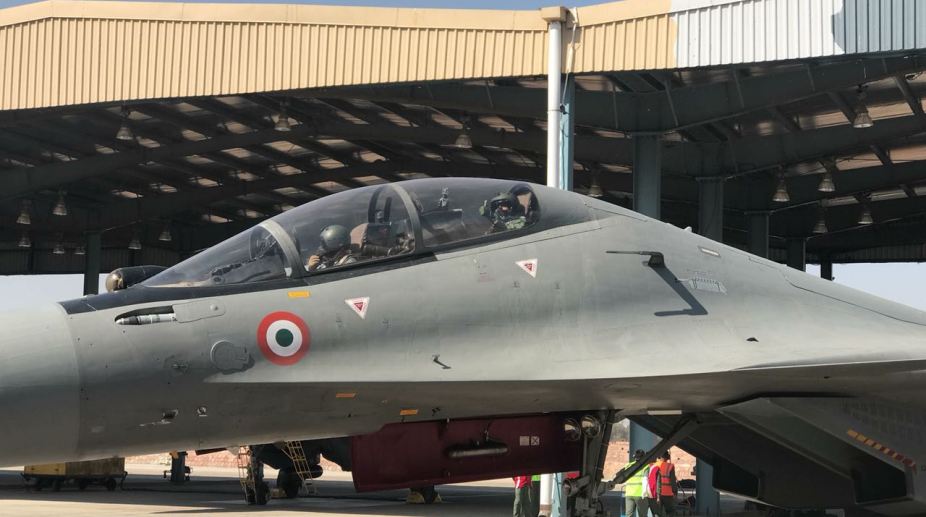In spite of a sharp increase in Beijing’s belligerence and Islamabad’s support to terrorist organisations, New Delhi’s proposed spending on defence remains low.
According to reports, the government has earmarked Rs 2.95 crore for defence. The amount is just 7.81 per cent more than previous year’s Budget.
Advertisement
What is even more surprising for those expecting a hike in defence expenditure given the aggravation of tensions along the borders is that the amount is just 1.58 per cent of the projected GDP of 2018-19.
Thus the share of India’s defence sector in the Budget 2018-19 is at its lowest since 1962 – the year when the Indo-China war broke out. The share of the Defence sector in 1962 was 1.5 per cent of the GDP.
Though expenditure on defence has been steadily going down as a percentage of GDP, there has been a spike in the threats from across the borders with Pakistan and China.
Of the total outlay, Rs 1.95 lakh crore has been allocated for revenue expenditure, which includes day-to-day expenditures of the armed forces, and Rs 99,500 lakh crore has been allocated for capital expenditure, which includes purchase of weapons for modernisation purpose.
It should be noted that modernisation of all three forces has been a priority for India.
There is a pressing need for new fighter jets for the Indian Air Force which has a high number of ageing jets in fighter squadrons, the numbers of which are already below what is needed to fight on two fronts. The Navy, too, is looking at more submarines to counter the increasing presence of the Chinese Navy in the Indian Ocean Region (IOR).
At the same time, the Indian Army has time and again highlighted the need for better assault rifles, modern safety gear, field guns and other equipment to counter a twin threat from China and Pakistan.
In his Budget Speech, Union Finance Minister Arun Jaitley said that the NDA government has placed emphasis on modernising and enhancing the operational capability of the Forces.
“A number of initiatives have been taken to develop and nurture intrinsic defence production capability to make the Nation self-reliant for meeting our defence needs. Ensuring adequate budgetary support will be our priority,” he said.
He recognised the sacrifices of the personnel of the three services in defending the interests of the country at the border and managing the internal security environment both in J-K and the North East.
“A number of initiatives have been taken to develop and nurture intrinsic defence production capability to make the Nation self-reliant for meeting our defence needs. Ensuring adequate budgetary support will be our priority,” he said.
The government proposed the development of two defence industrial production corridors in the country and construction of tunnel under Sela Pass in Arunachal Pradesh.











